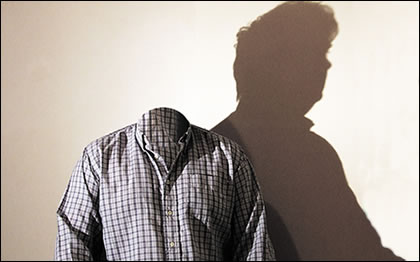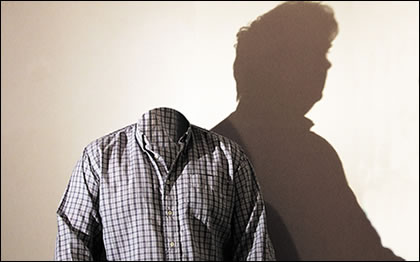
Classic psychology studies show just how little access we have to the workings of our own minds.
Ever wondered where your opinions come from, how you manage to be creative, or how you solve problems? Well, don’t bother. Psychology studies examining these areas and more have found that while we’re good at inventing plausible explanations, these explanations are frequently completely made-up.
In this series of posts, I examine some of the classic findings in psychology that show we have precious little insight into our own thought processes.

How do great artists create? How do brilliant scientists solve the hardest problems in their field? Listen to them try to explain and you’ll probably be disappointed. Artists say mysterious things like: “The picture just formed in my mind.” Writers tell us that: “I don’t know where the words come from.” Scientists say they: “Just had a hunch.”
» Read on about the hidden workings of our minds -»

When you change your attitude about something, do you know why? Psychologists have argued that the inner workings of our minds are largely hidden away from us. One aspect of this is the surprising finding that people are often unaware when they have changed their attitudes.
» Read on about our secret attitude changes -»

The process of human creativity is both fascinating and, at the same time, mystifying. Understanding the mental processes of great thinkers offers an enormous reward to any who can replicate them: immortality. Perhaps if we really understood what was going through their minds, we too could create an object or idea that would live long after our deaths
» Read on about why problem solving is a puzzle -»

Here are four everyday situations – shopping, reading, watching TV and judging other people – and four experiments that show how little we know in each situation about what’s really going on in our minds.
» Read on about shopping, reading, watching TV and judging people -»

Are the mistakes we make about our own thought processes systematic in any way? Nisbett and Wilson (1977) provide five factors likely to have a huge effect on how accurately we report our own higher mental processes. These give us useful clues about when we’re most likely to be fooling ourselves.
» Read on about when we are fools to ourselves -»

Across a crowded room your eyes lock with an attractive stranger. You look away, you look back. The first hint of a smile plays across their lips. Suddenly you’re nervous, your mind goes blank, you want to go over and you want to run away, both at the same time. You turn around too fast, bump into someone, almost spilling your drink. ‘Wow,’ you think as you recover, ‘Now, that’s what I’m talking about!’.
» Read on about choice blindness -»

